By Harriet Phelps
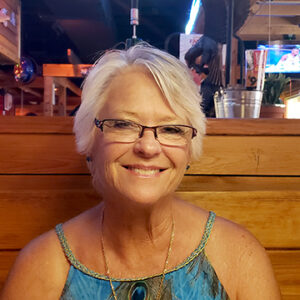
This topic is probably not one that your mother discussed with you. In Arizona, the sunrises and sunsets are the best time to watch the birds and the bees. It is very relaxing. They are pollinators.
Pollinators are important to our environment and are essential for fruit and vegetable production. Pollinators in general are in decline, which impacts food production. Gardeners can conserve bees and habitat for birds by planting flowers and trees that attract and provide nesting habitat and protection from harmful pesticides.
What you need to know
Every fifth bite, or one-third, of our food in the United States depends on pollination.
The honeybee is one of more than 20,000 distinct bee species and can visit 50 to 1,000 flowers. The number of hives in the United States has decreased about 50 percent from 6 million in the 1940s to about 2.5 million today. – USDA.gov
There are 300 species of hummingbird and they are found only in the Western Hemisphere. The Anna hummingbird stays year-round in the northern Sonoran Desert. – National Park Service
What you can do
There is a bee/bird-plant relationship that provide the habitat and feeding of pollinators. Whether you are a pot-container gardener on your patio or a full-fledged vegetable gardener, it all matters. Use NPS.gov or Pollinator.org/guides using your ZIP code for a list.
Hummingbirds require nectar from plants and protein from insects caught in flight. They drink up to two times their body weight per day. Boiling a mixture of one cup sugar to four cups water until the sugar dissolves is all that is necessary. It does not require the red coloring. Keep your red feeder clean and replace the water not used weekly. This mixture also attracts the bees that want a drink of water.
Create a pollinator habitat with bee-friendly plants and a water source.
Support local beekeepers by buying honey from them or at farmers markets. They are resources for bee problems, too. If bees become a problem, swarm or build a large hive that you would like removed, call a beekeeper. Do not remove the bees yourself. Always be prepared for bee sting or pollen allergy and seek medical advice.
Harriet Phelps is a retired psychologist, a member of the Pinal County Master Gardeners Maricopa for six years and was a Master Gardener in Rock Island County, Illinois for seven years.
MG Office 520-374-6263
[email protected]
NPS.gov, Pollinator.org/guides, NCRS.USDA.gov/WPS
This column appears in the July issue of InMaricopa.

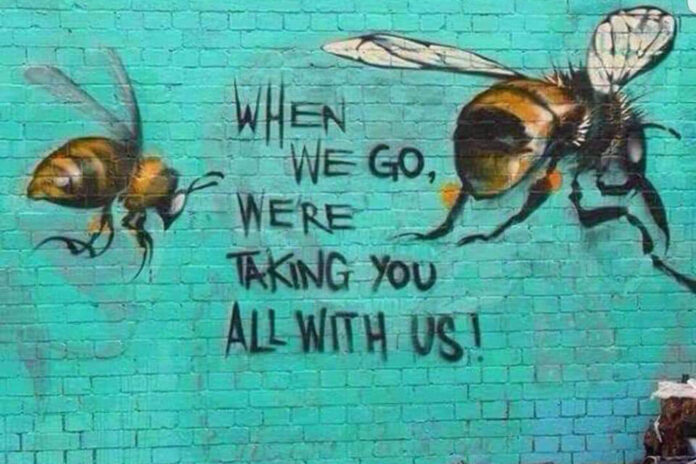
![Shred-A-Thon to take place tomorrow An image of shredded paper. [Pixabay]](https://www.inmaricopa.com/wp-content/uploads/2024/03/shredded-paper-168650_1280-218x150.jpg)

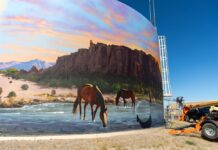

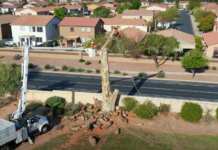

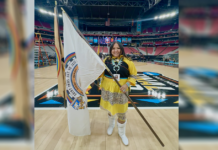
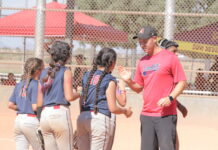





![Shred-A-Thon to take place tomorrow An image of shredded paper. [Pixabay]](https://www.inmaricopa.com/wp-content/uploads/2024/03/shredded-paper-168650_1280-100x70.jpg)


